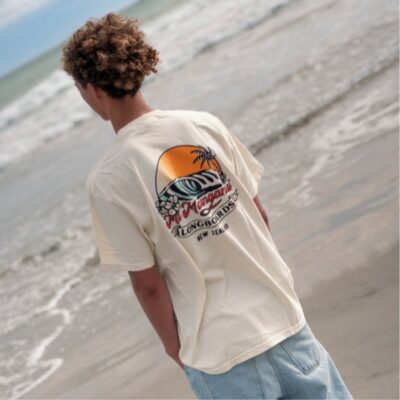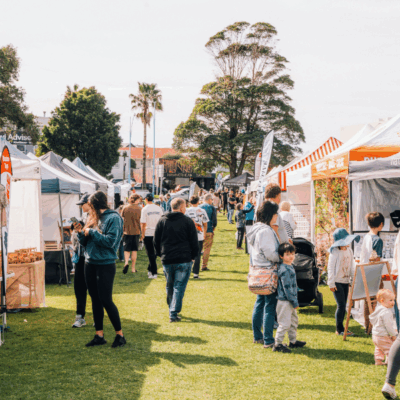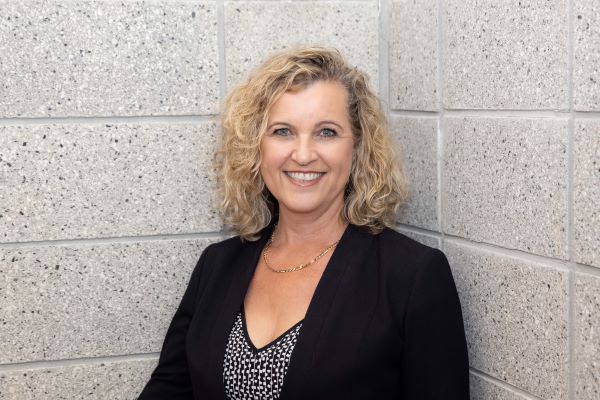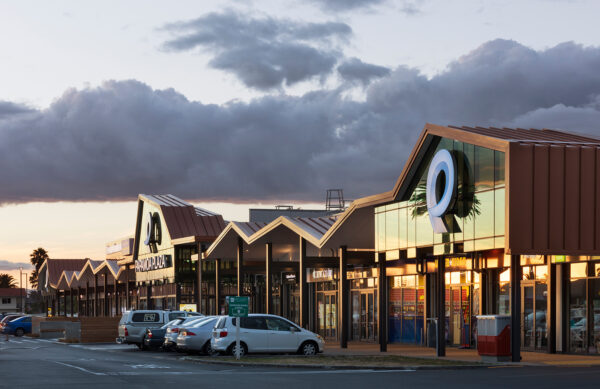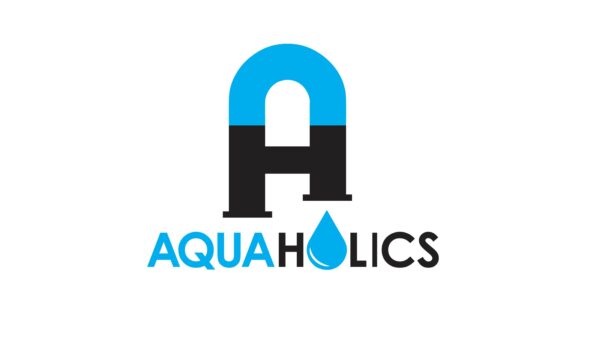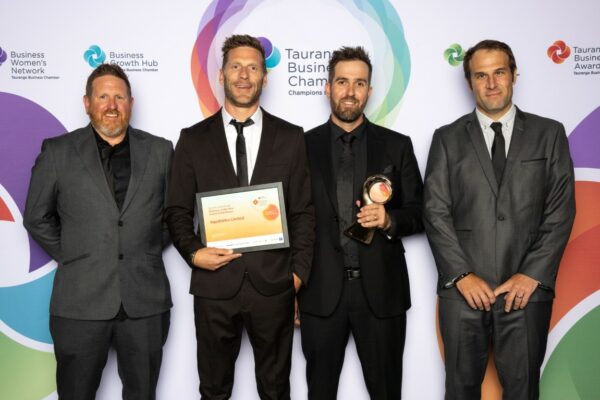“It’s not stress that kills us, it is our reaction to it” – Hans Selye.
I never stopped. I went from my old job to my current role at the Chamber overnight.
I also worked through my summer break.
By the time lockdown hit in March 2020, I was running low on energy.
The adrenaline wore off after lockdown, but there was a lot going on as I jumped from project to project, so I didn’t really have a proper break until I took a month off over summer.
Towards the end of 2020, I knew I was not performing at my best and I was not able to deal with stress appropriately.
My own story about 2020 is similar to many people that I have spoken with: Their exhaustion from managing last year’s uncertainty meant they were not performing at their best either. They also felt their customers’ stress-levels rising, putting even more stress on them to perform and meet expectations.
Some mentors and counsellors tell me their clients are stressed, angry and pessimistic.
The anger comes from dealing with other people’s stress and expectations, or they are comparing themselves to stories of other people who seem to be managing the same situation faultlessly.
Business owners, particularly owner-operators, don’t have a governance board or executives they can bounce ideas off, so the weight of their business and their livelihood can fall entirely onto them.
It’s been a big 12 months and the stress of making a number of critical decisions can soon pile up and drain people’s energy.
https://youtu.be/9AK5n1dkcU0
I’ve looked back on my most stressful moments of last year – not to overthink them, but to understand my stress triggers and how I would act in the future.
I spoke with Chamber member Bruce Ross from Ignite Business Leadership (above) as a follow up to his advice column Business and mindset planning for 2021 to get his insights on this common struggle.



